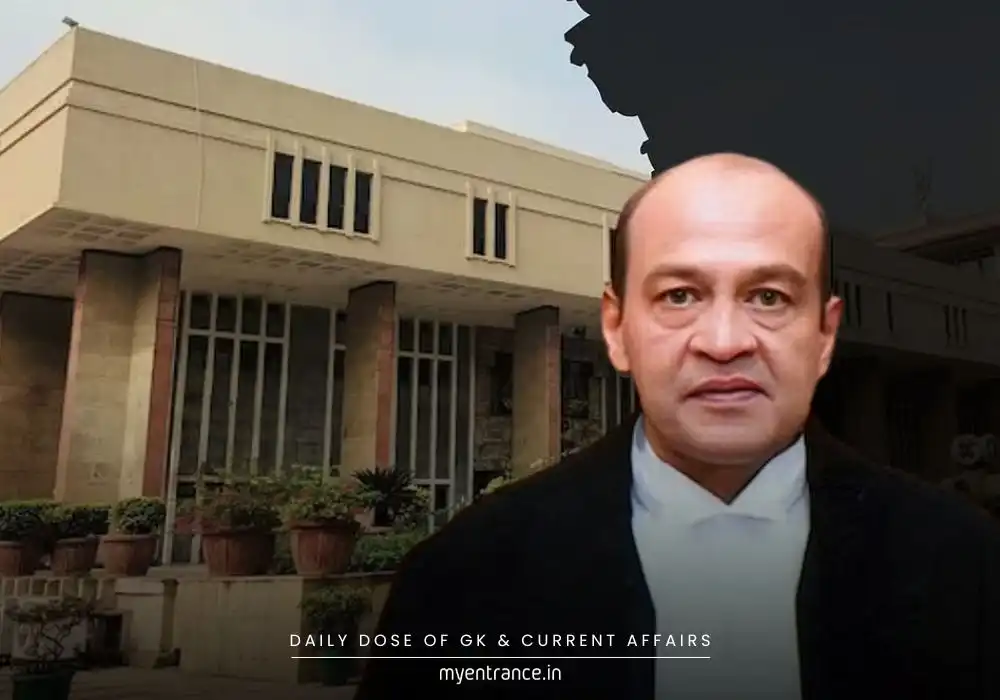Translate Language
Why Did SC Overrule Tribal Customary Laws on Women’s Inheritance Rights?
In a landmark judgment, India’s Supreme Court upheld tribal women’s equal right to ancestral property, challenging age-old customary laws. This ruling reinforces constitutional equality and has major implications for tribal autonomy, gender justice, and exam syllabi like UPSC and PSC.

The Constitution vs. Customary Laws: A Turning Point for Tribal Women
Last week, India’s Supreme Court delivered a powerful verdict: tribal women cannot be denied inheritance rights under customary laws. The case involved Dhaiya, a tribal woman from Chhattisgarh, who fought since 1992 for her share in ancestral property. Lower courts and tribal customs had repeatedly rejected her claim—until now.
Why This Matters
Customary laws (unwritten tribal traditions) often exclude women from property rights. But the SC declared this violates Article 14 of the Constitution—which guarantees equality before the law. The Court emphasized:
“Customs, like laws, can’t remain stuck in time. They can’t deprive others of their rights.”
Key Legal Conflicts
The Hindu Succession Act (HSA) doesn’t apply to Scheduled Tribes, leaving tribal women vulnerable.
Some laws (like the Santhal Pargana Tenancy Act) only allow inheritance if a woman marries a ghar-jamai (resident son-in-law) during her father’s lifetime—a restrictive condition.
The SC’s 2022 ruling in an Odisha tribal woman’s case set a precedent: “If non-tribal daughters get equal property shares, why deny tribal daughters?”
Balancing Tribal Rights & Gender Justice
While customary laws protect tribal identity, the SC prioritizes the Constitution’s “collective ethos” against discrimination. The Centre is now urged to amend laws like the HSA to include tribal communities.
Sample Q&A on Women’s Inheritance Rights:
Q: How does Article 14 relate to tribal women’s inheritance rights?
A: Article 14 guarantees equality before law. The SC used it to strike down discriminatory customary laws denying tribal women property shares.
Q: Does the Hindu Succession Act apply to Scheduled Tribes?
A: No. The HSA explicitly excludes Scheduled Tribes, creating legal gaps for tribal women’s inheritance.
Q: What was the Supreme Court’s key argument in the 2023 Dhaiya case?
A: Customs must evolve and cannot override constitutional rights like gender equality.
Q: Name one law allowing conditional inheritance for tribal women.
A: The Santhal Pargana Tenancy Act (1949) permits inheritance only if a woman marries a ghar-jamai during her father’s lifetime.
Q: Why is this judgment significant for tribal autonomy?
A: It balances tribal self-governance with fundamental rights, ensuring customs don’t perpetuate inequality.
Get 3 Months Free Access for SSC, PSC, NIFT & NID
Boost your exam prep!
Use offer code WELCOME28 to get 3 months free subscription. Start preparing today!















